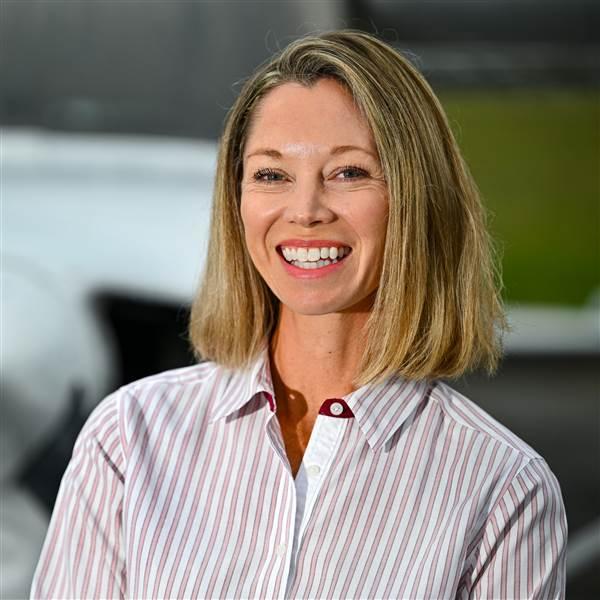Good old boy
Holding each other accountable saves lives
However, I’m also an FAA-designated pilot examiner and a longtime flight instructor, so, on the day of our flight, I’m sure I was the most difficult safety pilot Paul had ever flown with. I asked for detailed weight and balance information and the fuel burn calculations. I wanted to see maintenance logs and airworthiness documents. After all, I couldn’t just climb into a new aircraft without verifying a few things for myself, no matter how great of a reputation this man had. Once we got those things sorted, we went up, and Paul did a wonderful job. When I asked if he wanted any feedback from the flight, Paul said yes, so I gave him my handwritten list of comments. It was similar to the notes I’d provide any student with after a lesson, a general debrief of items like you missed a checklist here or you might have used a different airspeed on this part of the approach. The notes were constructive in my mind, but not knowing Paul extremely well, I walked away wondering if he’d call me again to safety pilot or if he would be deleting my number from his contact list. Maybe he was just looking for a friendly right-seater who would make light conversation between approaches?
Lo and behold, Paul approached me to fly with him again, this time to conduct an instrument proficiency check. He was about to head off to annual recurrent training for his airplane, and he knew he would come home with both a flight review and an IPC signoff, but in his words: “I’m not sure how thorough they will be. I know they’ll sign me off regardless, but I want to make sure I do it right. The ‘good old boy’ network is going to get us killed.” Paul was never looking for the easy solution. He wanted someone to hold him accountable so he could feel safe in the air.
I find that people generally appreciate other pilots who are willing to hold a certain standard.In my experience dealing with students and instructors through the years, I find that people generally appreciate other pilots who are willing to hold a certain standard, no matter how much of a pain it may be at the time to train and retrain to meet those standards. I wonder why it is, then, that we so often seek out a friend to give us a flight review or checkout when we know it will be nothing more than pencil service in the logbook. Convenience? Low pressure? In the same vein, why is it that when we see something unsafe at the airport, we tend to walk away rather than speaking up and possibly ruffling feathers?
I was in the office the other day when a CFI from another flight school on the field walked across what felt like a 200-degree Mississippi ramp in the middle of July to tell us about a solo student who was taxiing way too fast, and seemed unaware of her surroundings. Our instructor appreciated the fact that Kourtney took the time to come over when most people would have just let it slide.
I’ve been on the receiving end of this sort of critique as well. Several years ago, I was taking my annual assistant chief instructor ride with an FAA inspector with whom I had a fairly friendly rapport. He noticed I wasn’t wearing my shoulder harness and asked me why. I explained that I knew it was the regulation, but that it impeded my movement since I had to scoot my seat up so far in that airplane. He could have let it go, since my excuse was in line with the exception to the rule. However, he took the time to explain to me that he had personally witnessed several fatal accidents where the pilots would have walked away had they only been wearing their shoulder harnesses. I found a way to wear my shoulder harness that day and every day since. It’s not always convenient or comfortable, but someone made the effort to get through to me, and I’m a safer pilot for it. Now, when I fly with someone who isn’t wearing their harness, I make sure to pass along that story. Who knows how many lives will be saved because that one person cared enough to make a difference?
The next time we have an opportunity to make another pilot safer by speaking up when we see an unsafe situation or by holding a hard line on a proficiency standard when we’re checking out a friend, let’s put our foot down—in a professional and courteous way, of course. It’s time to ask ourselves what so many greats have asked themselves before: If not me, then who? If not now, then when?



